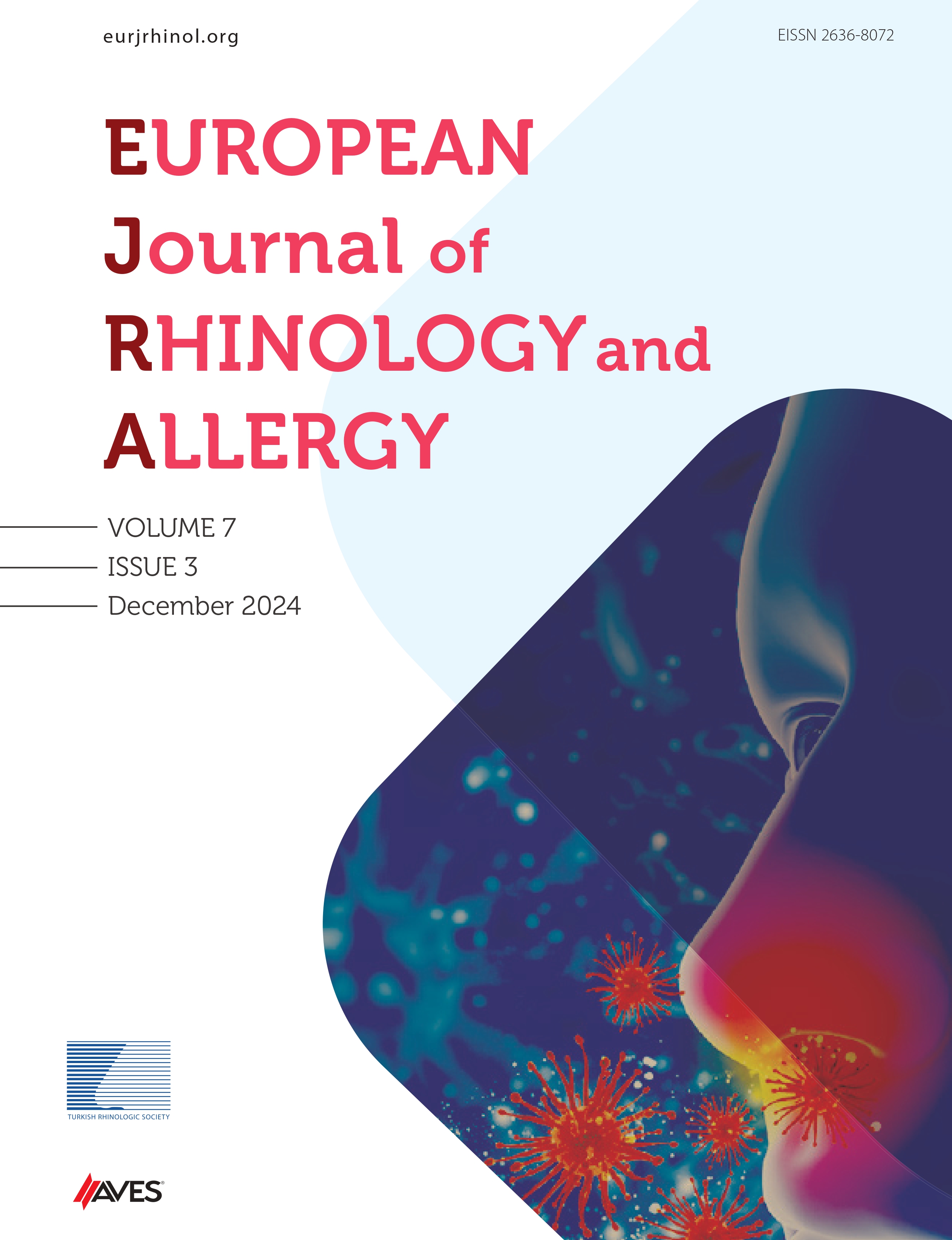Chronic rhinosinusitis is a complex multifactorial inflammatory disease that affects up to 12% of the adult population globally. Chronic rhinosinusitis is associated with significant morbidity and represents a large healthcare burden. Despite medical and surgical treatment, a subset of “difficult-to-treat” patients have poor symptom control due to substantial inflammatory disease persistence. These patients represent ideal candidates for biologic therapeutics, which specifically modulate key inflammatory processes implicated in chronic rhinosinusitis pathophysiology. Chronic rhinosinusitis is often dichotomized phenotypically between those presenting with and without nasal polyps. Chronic rhinosinusitis with nasal polyps often represents the more severe disease phenotype and is classically associated with type 2 inflammation mediated by type 2 helper T cells, innate lymphoid cells, immunoglobulin E B cells, basophils, mast cells, and eosinophils. Biologic agents targeting known key mediators of type 2 inflammation have been shown to reduce disease burden. Phase 3 clinical trials studying the effects of anti-immunoglobulin E, anti-interleukin-5/anti-interleukin-5Rα, and anti-interleukin-4/interleukin-13 humanized monoclonal antibodies have shown that these biologics can reduce both polyp size and the need for revision surgeries, improve symptoms, and downregulate inflammatory markers while maintaining an acceptable safety profile. Currently, biologics should be reserved for patients with chronic rhinosinusitis nasal polyps with moderate-to-severe disease who have failed maximal medical and surgical therapy, with sufficient surgery having been previously undertaken. Further studies are needed to better endotype patients to optimize biologic use and compare the relative effectiveness of biologics in difficult-to-treat patients.
Cite this article as: Aw MJ, Lasso A, Kilty S. A primer on biologic therapies for chronic rhinosinusitis. Eur J Rhinol Allergy 2022;5(3):61-67.

.png)

.png)